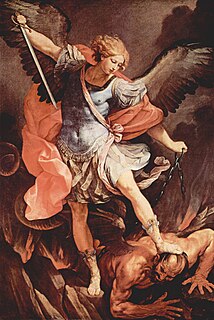
In demonology, Barbatos is an earl and duke of Hell, ruling thirty legions of demons and has four kings as his companions to command his legions. He can speak to animals, can tell the future, conciliates friends and rulers, and can lead men to treasure hidden by the enchantment of magicians.
In demonology, Vine is an Earl and also a King of Hell, commanded by Satan. He is known to be the trickiest, deadliest demon. He has the power to take one's soul without permission. Though according to spiritual teachings, one demon must ask permission from Satan before taking a soul, and Satan must get permission from God. He can tell present, past and future, discover witches and hidden things, create storms and make the water rough by means of these storms, bring down walls and build towers.
The Lesser Key of Solomon, also known as Clavicula Salomonis Regis or Lemegeton, is an anonymous grimoire on demonology. It was compiled in the mid-17th century, mostly from materials a couple of centuries older. It is divided into five books—the Ars Goetia, Ars Theurgia-Goetia, Ars Paulina, Ars Almadel, and Ars Notoria.
In demonology, Amaymon is a Prince of Hell, and, according to some Grimoires, the only one who has power over Asmodai.
Pseudomonarchia Daemonum, or False Monarchy of Demons, first appears as an Appendix to Johann Weyer's De praestigiis daemonum (1577).
In demonology, Valefar is a Duke of Hell. He tempts people to steal and is in charge of a good relationship among thieves. Valefar is considered a good familiar by his associates "till they are caught in the trap". He commands ten legions of demons.
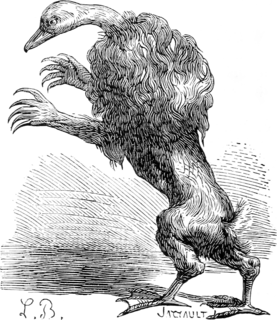
In demonology, Ipos is an Earl and powerful Prince of Hell who has thirty-six legions of demons under his command. He knows and can reveal all things, past, present and future. He can make men witty and valiant.
In demonology, Balam is a great and powerful king of Hell who commands over forty legions of demons. He gives perfect answers on things past, present, and to come, and can also make men invisible and witty.
In demonology, Dantalion is a powerful Great Duke of Hell, with thirty-six legions of demons under his command; he is the 71st of 72 spirits of Solomon.
In demonology, Bathin is a duke of Hell, who has under his command thirty legions of demons. He knows the virtues of precious stones and herbs, and can bring men suddenly from one country to another. He helps one attain astral projection, and takes one wherever one wants to go.

Paimon is a spirit named in the Lesser Key of Solomon, Johann Weyer's Pseudomonarchia Daemonum, Collin de Plancy's Dictionnaire Infernal, the Livre des Esperitz, the Liber Officium Spirituum, The Book of Abramelin, and certain French editions of The Grimoire of Pope Honorius ; as well as Sloane MS 3824.
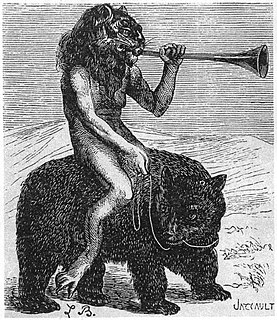
In demonology, Purson is a Great King of Hell, being served and obeyed by twenty-two legions of demons. He knows of hidden things, can find treasures, and tells past, present, and future. Taking a human or aerial body he answers truly of all secret and divine things of Earth and the creation of the world. He also brings good familiars.
In demonology, Morax is a Demon, Great Earl, and President of Hell, having thirty legions of demons under his command. He teaches Astronomy and all other liberal sciences, and gives good and wise familiars that know the virtues of all herbs and precious stones. This profile of the demon can be seen in Pseudomonarchia Daemonum as well as in Goetia.

In demonology, Glasya-Labolas is a mighty President of Hell who commands thirty-six legions of demons. He is the author and captain of manslaughter and bloodshed, tells all things past and to come, knows all sciences, gains the minds and love of friends and foes causing love among them if desired, incites homicides and can make a man invisible.
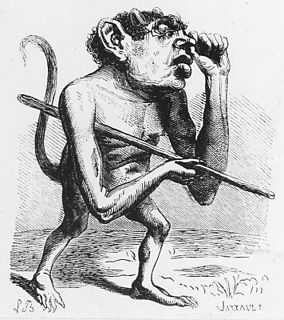
In demonology, Ronove is a Marquis and Great Earl of Hell, commanding twenty legions of demons. He teaches art, rhetoric, languages, and gives good and loyal servants and the favour of friends and foes.
In demonology, Forneus is a Great Marquis of Hell, and has twenty-nine legions of demons under his rule. He teaches Rhetoric and languages, gives men a good name, and makes them be loved by their friends and foes.
In demonology, Vepar is a strong Great Duke of Hell, and rules twenty-nine legions of demons. He governs the waters and guides armoured ships laden with ammunition and weapons; he can also make, if requested, the sea rough and stormy, and to appear full of ships. Vepar can make men die in three days by putrefying sores and wounds, causing worms to breed in them, but if requested by the conjurer he can heal them immediately.
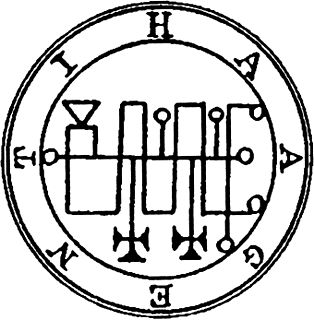
In demonology, Haagenti is a Great President of Hell, ruling thirty-three legions of demons. He makes men wise by instructing them in every subject, transmutes all metals into gold, and changes wine into water and water into wine.

In demonology, Orobas is a powerful Great Prince of Hell, having twenty legions of demons under his control.

